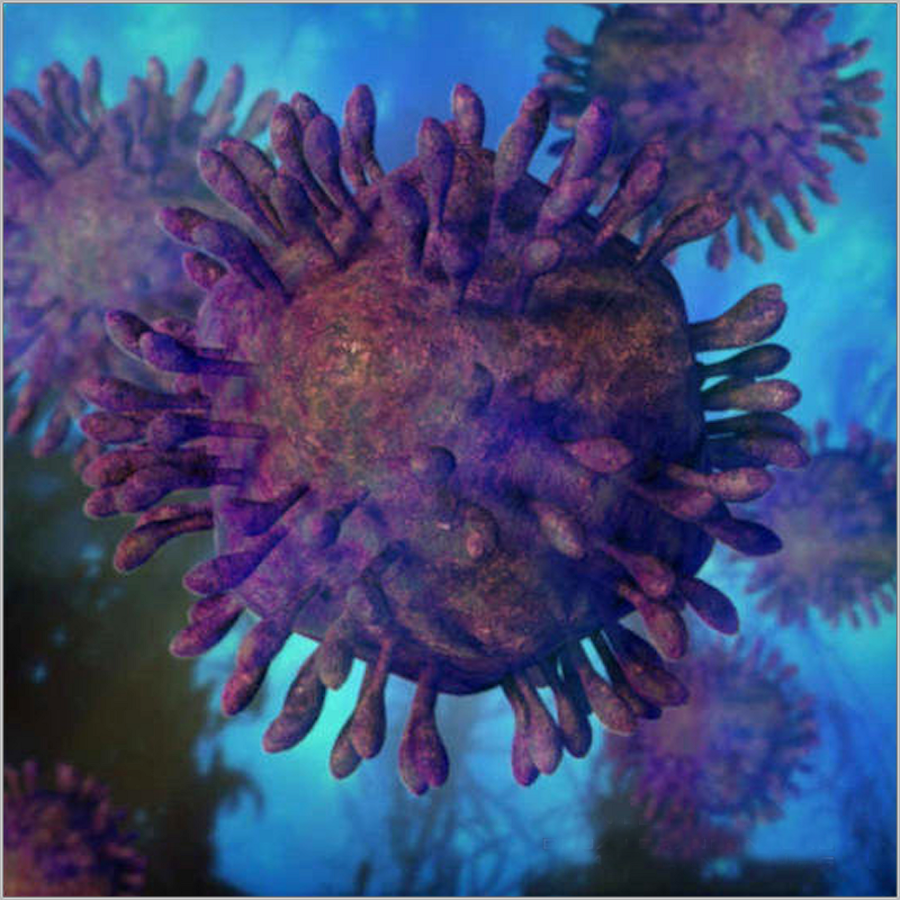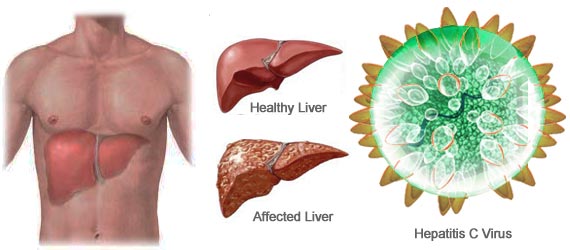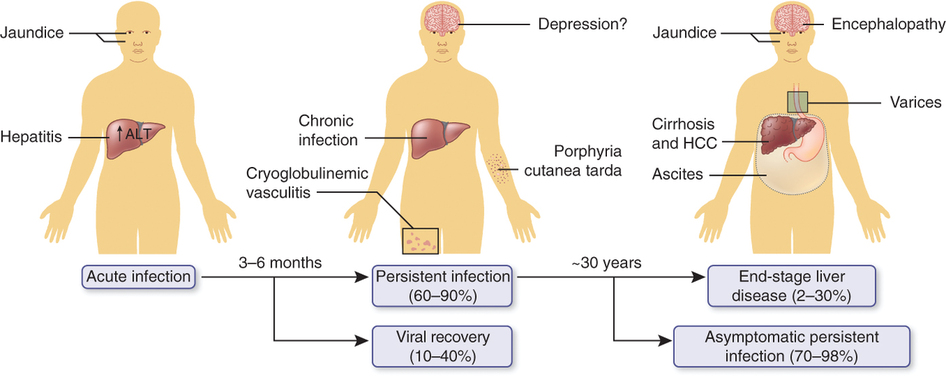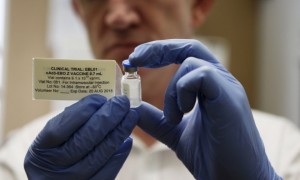
Hepatitis C Virus (picture Bryan Brandenburg)
First Vaccine Against Hepatitis C
The first vaccine against hepatitis C is developed by British laboratory “GlaxoSmithKline” trigger a strong immune response in clinical trials in Phase 1.
Although there is occurrence of short-term side effects, such as fatigue and migraine, vaccine has shown promising results, the authors of the study assured.
Other clinical trials in phase 2 is currently being conducted in the US to assess the effect of the vaccine on drug addicts. The results will be known in 2016. This is the first vaccine against hepatitis C, which is the subject of clinical trials in phase 2.

“The observed immune response in healthy volunteers is unprecedented for a vaccine against hepatitis C,” said chief researcher Professor. Eli Barnes of the Medical Faculty of the University of Oxford.
It is estimated that about 180 million people worldwide are infected with hepatitis C. It is a chronic disease in the base of the onset of cirrhosis and liver cancer, which, according to the WHO, die each year about 500,000 people.
What are the symptoms (symptoms that cause) of the hepatitis C virus?
As mentioned above, the infection with HCV can be carried asymptomatically as acute viral hepatitis and chronic hepatitis C. In the majority of cases (80-85%) complaints are lacking or missing, and only about 15% of the people manifest with symptoms of acute hepatitis. In 20% of people recovery occurs, and in 80% – develop chronic hepatitis.
In those 15% of people in which HCV infection causes acute liver inflammation symptoms first appear after about 2-3 months (after the infection with HCV), and most often are the following:
- Malaise
- Mild fever
- Pain in muscles and joints
- Nausea and possibly vomiting
- Losing weight
- Pain in the upper abdomen
- Heaviness and pain in the right side of ribs – due to inflammatory swelling of the liver, which is richly innervated capsule; This symptom is almost always present in acute hepatitis C
- Dark urine
- Lightening of stool
- In some cases there is itching of the skin
- If there is profuse vomiting, it can lead to dehydration, characterized by symptoms such as fatigue, confusion and loss of concentration, increased heart rate, headache, decreased urine output, irritability and more.

The majority of cases of acute hepatitis C are mild to restrained and mainly as anicteric forms (without jaundice). After about month prescription of the above mentioned symptoms (in jaundice cases) appear jaundice – must be noted that jaundice is a symptom of a disease, not a disease in itself! Due to the deposition of the pigment bilirubin in the skin and the visible mucous membranes. In viral hepatitis the jaundice is ruby-red tint; yellowish staining was observed first in sclera (the “white” of the eyes) and the lower surface of the tongue, and then all over the skin; patients often do not notice a change in their own skin color, but family and surrounding people do. Jaundice lasts 12-15 days and then gradually disappears. Often, in parallel with the jaundice has been considerable itchy skin and liver enlargement. The condition of the patients improved with the advent and gradual disappearance of jaundice (only for developing acute hepatitis C).
In a small percentage of cases viral fulminant hepatitis C occurs (lightning); in these cases in a very short time are manifested symptoms of acute liver failure occurred with languor, haze of consciousness to coma, strong jaundice, abdominal distension due to the collection in the abdominal cavity of fluid (ascites), swelling in the legs, reducing urination, the occurrence of bleeding from mucous membranes and skin, blood in stool, etc . This form of hepatitis may lead to a rapid falling into hepatic coma and death.

Can you prevent hepatitis C?
Prevention of infection with hepatitis C is limited to avoid risk factors and compliance with certain measures of the carriers of the virus, on the other hand:
- Avoid intravenous administration of drugs, especially the use of needles and syringes
- Avoid frequent change of sexual partners and unprotected sex (without a condom)
- Avoid contact with objects that may be contaminated with blood or body fluids of a patient with hepatitis C while using shared razor blades, toothbrushes, poorly sterilized tools for making tattoos, piercings, etc.
- Medical workers coming into contact with organs, blood and blood products to comply with safety rules work (use of disposable gloves, special clothing, masks, goggles, etc.)
- Pregnant, ill or suffered from hepatitis C, must communicate that information to their obstetrician.




























